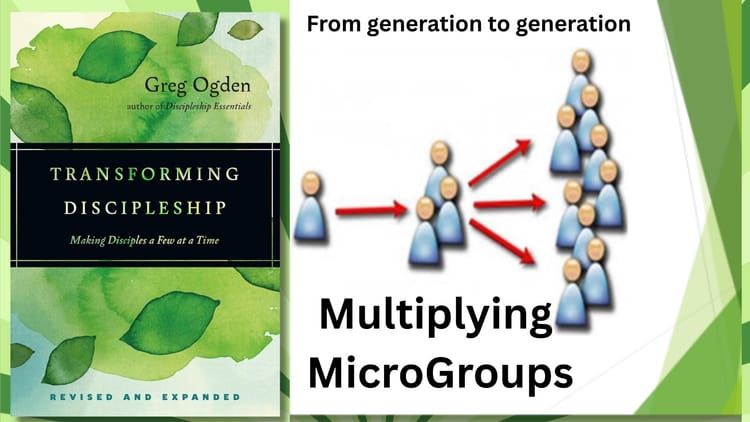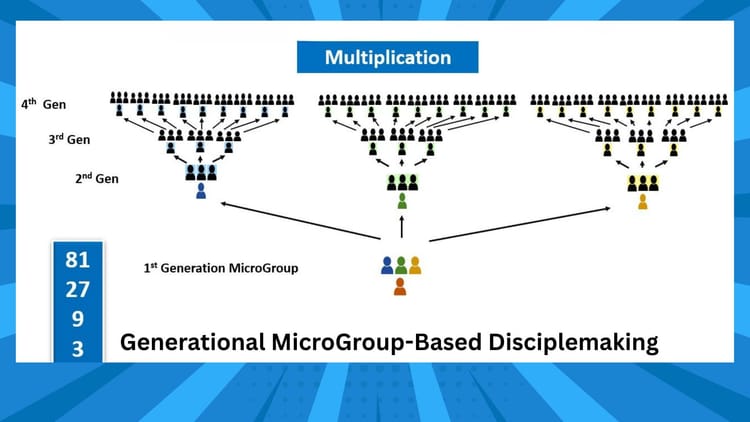Who Are You at the Core?

Jesus intends to get down to the very core of our makeup. Michael Novak provides another scheme that parallels Willard’s framework of the will. He divided conviction into three categories: public, private and core. John Ortberg picks up on these in his book Faith and Doubt[4].
Public Beliefs
Public beliefs are those convictions that we want other people to think we believe, even though we may not really believe them.
Public figures are notorious for uttering public beliefs because they sound good. The biblical illustration here is King Herod. After Jesus was born, some wise men told him about the one who was born King of the Jews.
Herod told the wise men, “Go and make careful search for the child. As soon as you find him, report to me, so that I too may go and worship him” (Matt. 2:8).
Did King Herod have any intention to worship this child? No, of course not. His statement made for good public consumption because it would get him what he wanted. In our business life there may be things we know are the politically correct things to say we believe if we want to be a good company person. But inside we know that we don’t believe them.
Private Beliefs
Private beliefs are those things we actually think we believe until they are tested. For example, the apostle Peter on the night before Jesus was crucified stated his undying allegiance to Jesus. In response to Jesus saying that before the cock would crow three times, Peter would have denied him, Peter said, “Even if all fall away, I will not…. Even if I have to die with you, I will never disown you” (Mark 14: 29, 31).
When Peter said these words, was he sincere in that moment? Did he actually think he believed what he was saying? Yes, I think he did believe. Were these Peter’s true convictions? No. When the time came to stand up as loyal follower of Jesus, he acted like he never knew Jesus. We never truly know what we believe until our beliefs are tested.
We can assert in life or in death that our sure and certain hope is in Jesus Christ. We believe that nothing can move us off of that foundation.
Then we might hear those frightening words, as I did, “You’ve got cancer!” Only then could I truly look inside myself to see if my sure and certain hope was in Jesus Christ in this life and beyond.
Core Beliefs
Our core beliefs are the convictions that are revealed in our daily actions. They are based upon what we actually do. These are the mental maps we follow. We will always act out of our core beliefs or convictions. We will never violate them. For example, we believe in gravity. We are not able to violate that belief.
We will always act with that knowledge in mind. Gravity is part of our mental map. If we want to stay safe, we will not walk to the edge of a 100-story building; but if we want to take our life, we might do so by stepping off the building. Our actions are always the result of our core purposes or convictions.
So my public convictions are what I want you to think I believe; my private convictions are what I think I believe; but my core convictions are revealed by what I actually do.
Where does Jesus target the transformation of our convictions? Jesus intends to change us at our core beliefs or to establish his embedded will in us. His desire is to be so central and present to us and in us that our automatic responses as well as our intended desire are simply to have our hearts beat next to His.
Liberating paradox
I am suggesting that this means we live in what might appear at first to be a contradiction, but actually is a liberating paradox. On the one hand, we must come face to face with our flawed nature and have a sense of how much we must live in grace at all times. There is never a time when we outgrow the need for God’s undeserved embrace.
As Paul says to his son in the faith, Timothy, “Be strong in the grace that is in Christ Jesus” (II Tim. 2:1). Whether it something I have done or have failed to do, at all times I need the covering of God’s mercy.
Yet…God has chosen to put his truth in this clay pot (earthen vessel) “being transformed into his likeness with ever-increasing glory, which comes from the Lord, which is His spirit” (2 Corinthians 3:18). God thinks enough of us to abide in us and then set off on his work of renovation. Jesus commands us to love God and the ones who for whom he laid down his life, because He believes that we can actually do it. That's the definition of discipleship: becoming more like Christ.
The irony is that living into God’s possibility is only possible when we confess the impossibility.
May the following prayer express the desires of our heart as we begin this journey:
Dear Father, We hear your call to love you with everything that we are and to love those whom you infinitely value. Are you asking us to do something that is not really possible? Part of us confesses that we are only weak creatures whose passion for you can only be described as tepid. We hear that you want us to engage our hearts, souls, minds and bodies is full devotion to you. When we look at our lives we feel that we pale in comparison to your expectation. If we are going to be what you want us to be we will need an infusion of love that is not our own. And yet, we so want to live into your belief in us. As we embark on this journey together, create a sense of anticipation that you will stretch our capacity beyond what we ever thought was imaginable so that we can live into Your possibility for us. Through Jesus Christ we pray, Amen.
What new thoughts or convictions has this reading prompted in you?











Member discussion